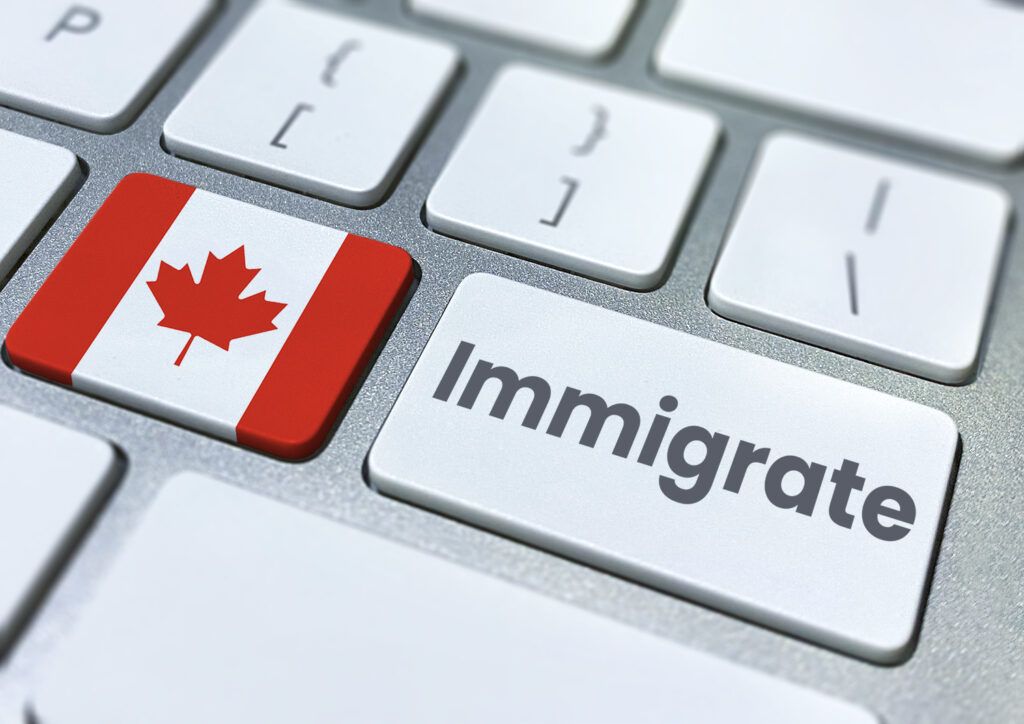Applying for a visa in Canada may not seem too different compared to applying for one somewhere else, but believe it or not, there are common mistakes that most people make when doing so. If you want your application process to go smoothly, you want to zero in on these mistakes and avoid them as much as possible.
For that reason, it’s best to understand what these common mistakes are and how to prevent falling into the same pit as other people. Here are the usual oversights when applying for Canadian immigration:
1. Not submitting punctually
Waiting too long to submit your qualifying application can cost you your slot as immigration tends to close quickly. Not submitting as soon as you can means others are getting ahead of you. If you want to secure your immigration approval, submit your application as soon as you become eligible for one.
2. Employment reference letters don’t prove work background
Unlike the usual type of employment reference letters, you need one that lays out all the details of your previous work experience when applying for Canadian immigration. In your letter, your boss or supervisor needs to outline the details of your current work, and not why companies should hire you.
As such, you want the following included in your letter:
- Official job title
- Employment dates (start date to finish date)
- Salary
- Average hours worked per week
- A list of your job duties
Understandably, it can be hard to ask your boss or supervisor to edit the letter they wrote just because they missed a few things. If so, there’s a possible workaround for this. You can provide documents to support the missing details such as payslips, a certificate of employment that states the starting and end date of your employment, and a sworn declaration of your employment tasks from a colleague.
3. Misrepresentation
While it is a common mistake, misrepresentation is viewed by the immigration office as a serious offence. Misrepresentation can delay your immigration application for years or you could be banned from applying for immigration at all.
People think that the best way to get into Canada is to show the best face they have, even if it’s not truthful. Even if you think covering up minuscule details won’t be obvious, it can lead to serious repercussions if the immigration officer finds out. As such, you want to be honest at all times. Do not cover up your career history, medical conditions, criminal background, and other important records.
4. Having less than a year of full-time experience in your primary NOC code
This will automatically invalidate your application. It’s important to indicate a primary NOC code that falls under skill levels A, B, or O. Only mention a primary NOC code that you have proof of working on for at least one year.
Since your primary NOC code won’t affect your future employment in Canada, you don’t need to worry about what you indicate for the long term.

Conclusion
These common immigration mistakes should be easy to avoid. Just remember to be attentive to all the details of the process at all times. Furthermore, you may want to seek assistance from consultation agencies to improve your chances of approval.
Our team at Bright Immigration knows the best way to enter Canada! If you’re looking for professional help from a trusted firm, please contact us at info@brightimmigration.com or call 1-888-404-8472.

